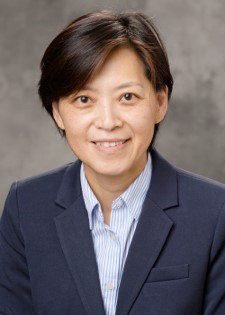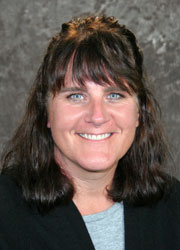Enhancing students’ training to handle radioactive materials more safely
Purdue University researchers have received a $50,000 internal grant from the University’s Innovation Hub to develop a Mixed Reality/Virtual Reality radiation safety training and assessment platform for students.


The project is titled, “Development and Implementation of an Augmented Reality Assessment Platform to Evaluate the Effectiveness of Technique-Based Training Simulations.”
Wanju Huang is a clinical associate professor of Learning Design and Technology in the Purdue University College of Education Department of Curriculum and Instruction, and will serve as Co-PI on this one-year project. She will collaborate with Kara Weatherman (PI), associate head of Pharmacy Practice in the College of Pharmacy; Stylianos Chatzidakis, assistant professor of Nuclear Engineering; and George Takahashi of the Envision Center.
“[We want our] Mixed Reality/Virtual Reality radiation safety training and assessment platform to enhance students’ knowledge and techniques in handling radioactive materials,” Huang said.
“Professor Huang’s project will incorporate virtual reality technology to improve pharmacy practice and student safety. It is an example of an innovative cross-disciplinary collaboration,” said Janet Alsup, head of the Department of Curriculum and Instruction.
Source: Wanju Huang, huan1040@purdue.edu
At Purdue University, the Office of the Provost’s Innovation Hub is funded through the generous support of the Lilly Endowment as part of the Charting the Future initiative and focuses on course-based innovations at scale. IH will extend the frontiers of teaching and learning at Purdue by providing faculty, staff, and students with the support, tools, and partnerships required to realize their large-scale visions for what a residential undergraduate education should be.
The Envision Center is part of Purdue’s Rosen Center for Advanced Computing and provides novel solutions to effectively communicate complex research concepts.